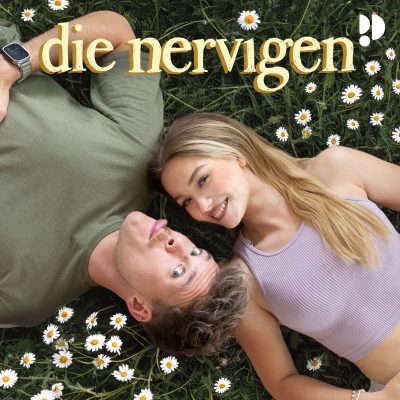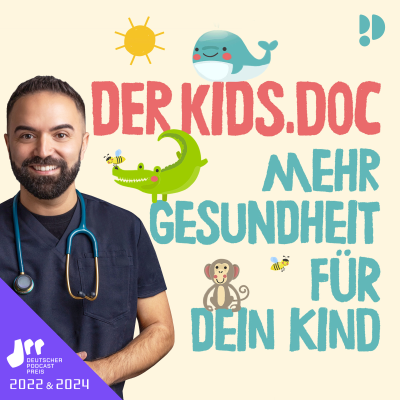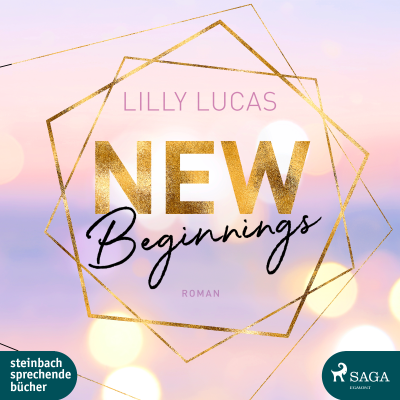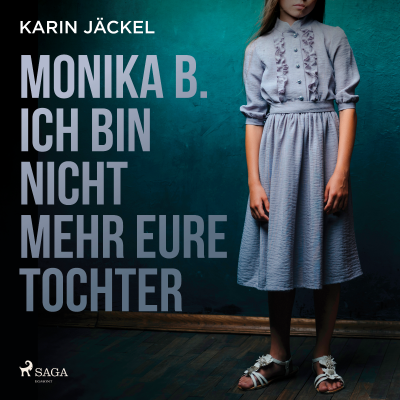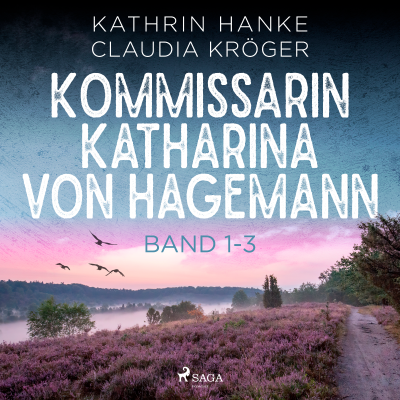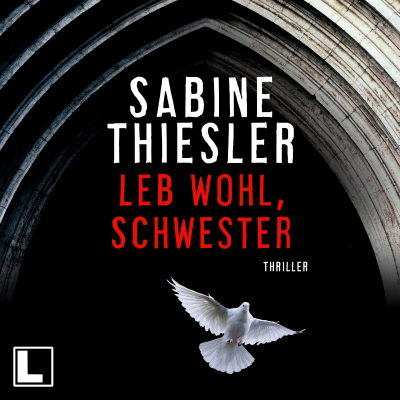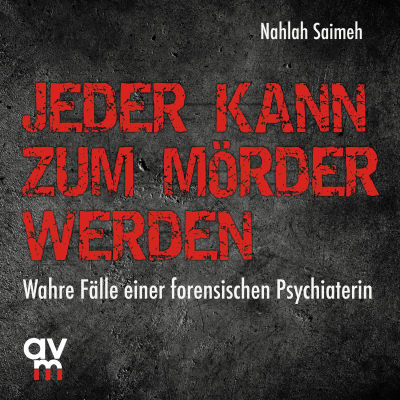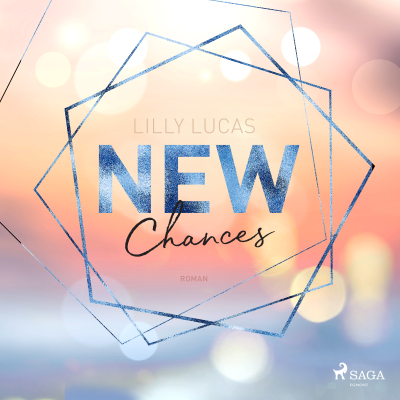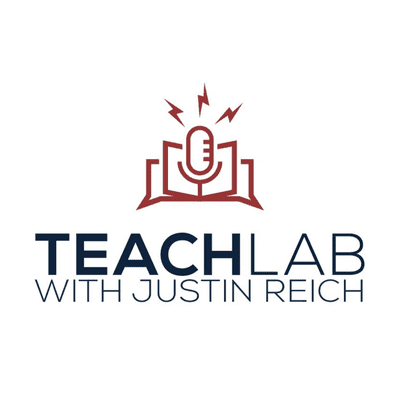
TeachLab with Justin Reich
Podcast von MIT Teaching Systems Lab
TeachLab is a podcast that investigates the art and craft of teaching. There are 3.5 million K-12 teachers in America, and we want to explore how they can become even better at what they do. Hosted by Justin Reich, MIT Professor and director of the MIT Teaching Systems Lab.
Kostenlos testen für 30 Tage
4,99 € / Monat nach der Testphase.Jederzeit kündbar.
Alle Folgen
89 FolgenSchool leaders, education researchers, and others often point to a study conducted by Stanford researchers [https://www.sciencedirect.com/science/article/pii/S2666920X24000560?via%3Dihub]that suggested the arrival of generative AI in K-12 school has not meaningfully increased the percentage of students who acknowledge some kind of academic dishonesty. Sometimes [https://www.instagram.com/rculatta/reel/C8XMeqPs-Cm/], school leaders or experts suggest it means there’s “nothing to see here” when it comes to tools like ChatGPT and worries about students bypassing learning. Researcher + Journalist Jesse Dukes joins Justin to dive into the specifics of that study, and compare it with anecdotes from interviews with students and teachers. This episode was produced by Andrew Meriwether and Jesse Dukes. We had additional reporting from Holly McDede and research help from Natasha Esteves and Manassa Kudumu. Thanks to the Spencer Foundation [https://www.spencer.org/] and the Social and Ethical Responsibilities of Computing Initiative [https://computing.mit.edu/cross-cutting/social-and-ethical-responsibilities-of-computing/]at MIT for funding our ongoing research into the arrival of generative AI in schools. And thanks to the Kapor Foundation [https://www.kaporcenter.org/kapor-foundation/] for funding Jesse’s work in California with KALW public radio. Thanks to all of the teachers and administrators who have talked with us. If you want to take our survey, or learn more about our research into Generative AI and K12 education, head over to tsl.mit.edu/ai and if you want to volunteer for the sister study, in California, visit Jesse’s Linktree. [https://linktr.ee/jpdukes]
Justin Reich and researcher and producer Jesse Dukes argue that AI in requires a new theoretical framework. Generative AI, unlike many teaching technologies, is an "arrival" technology, meaning it will be present in school environments regardless of what choices school leaders make about whether to adopt it. Their new preprint Toward a New Theory of Arrival Technologies: The Case of ChatGPT and the Future of Education Technology after Adoption [https://osf.io/preprints/edarxiv/x6vn7]explores the idea of "arrival technologies" But rather than summarize it, hey, why not let the arrival technology do it? So we turn to Google's new tool, Notebook LM [https://notebooklm.google.com/] for a "Deep Dive Conversation" to summarize the article. Thanks to the Spencer Foundation [https://www.spencer.org/] and the Social and Ethical Responsibilities of Computing initiative at MIT [https://computing.mit.edu/cross-cutting/social-and-ethical-responsibilities-of-computing/] for funding our ongoing research into the arrival of generative AI in schools. Thanks to all of the teachers and administrators who have talked with us. This episode was produced by Jesse Dukes [https://jessedukes.com/]. We had research help from Chris Bagg, Manasa Kudumu, Natasha Esteves, and Andrew Meriwether. If you want to take our survey, or learn more about our research into Generative AI and K12 education, head over to tsl.mit.edu and if you want to volunteer for the sister study, in California, visit Jesse’s Linktree. [https://linktr.ee/jpdukes]
Jesse Dukes reports from a two day training one school district offered its teachers, all to help them adapt to the arrival of generative AI in schools. That training proved helpful to teachers, but it’s not clear how much professional development most American teachers are getting, and it appears many are getting little or none. Episode produced by Jesse Dukes Research by Chris Bagg, Andrew Meriwether, and Natashas Esteves. Editorial support by Natasha Esteves. Additional research from Manasa Kudumu. Thanks for the school district that let us visit (you know who are!) Thanks to all the teachers who talked with us for our ongoing research into the arrival of generative AI in school environments. Learn more at tsl.mit.edu/AI.
We've just wrapped up a school year, so our team researching the arrival of generative AI in classrooms shares some fun and inspiring moments of teachers adapting to the new reality. We hear from teachers who role modeled the use of as a tool or resource for students, or to generate amusing and weird curricula. This episode was produced by Andrew Meriwether and Jesse Dukes, and features research by Natasha Esteves, Chris Bagg, Andrew Meriwether, and Jesse Dukes. Original song "The AI is a Hummin'" written by Jesse Dukes with help from Bing CoPilot, and performed by Jesse Dukes. To learn more about our ongoing research, take a survey, or volunteer to be interviewed, visit https://tsl.mit.edu/AI/.
The Arrival of AI powered tools like ChatGPT (now GPT4) in schools has generated concerns that students would use the tool to bypass cognition, or, “cheat” as we colloquially call it. And, it appears many students are doing just that. Early on in our research project about generative AI’s arrival in schools, it seems that English, ELL, and Social Studies at upper levels are particularly likely to encounter students using AI, without permission, to complete assignments. Justin talks to Jesse Dukes who shares a few examples of how teachers are managing this new challenge, and they discuss the wider implications for teaching, ethics, and student well being. This episode was produced by Jesse Dukes. We had research help from Natasha Esteves, Andrew Meriwether, and Chris Bagg. Thanks to the Spencer Foundation for funding our research, and to all the teachers and administrators who agreed to speak with us.
Kostenlos testen für 30 Tage
4,99 € / Monat nach der Testphase.Jederzeit kündbar.
Exklusive Podcasts
Werbefrei
Alle frei verfügbaren Podcasts
Hörbücher
20 Stunden / Monat





